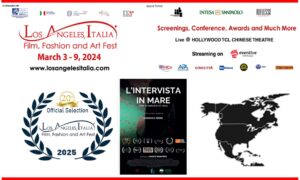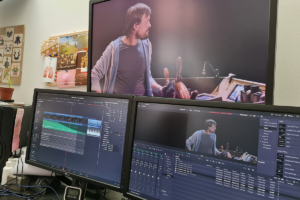The Interview at Sea face to face with the institutions, with the world of fishermen and a terrible tragedy
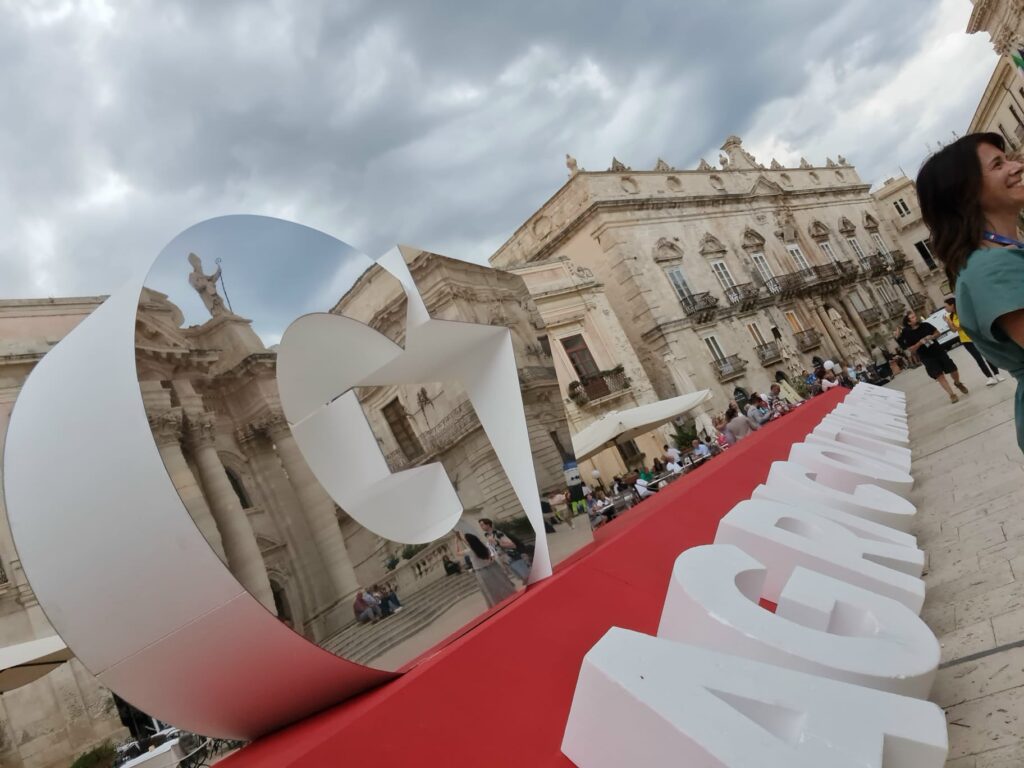
The 26th of September will remain an unforgettable date for the journey of The Interview at Sea. The second special screening after the triumphal passage in Venice is characterized by being the first screening of our film in an institutional setting.
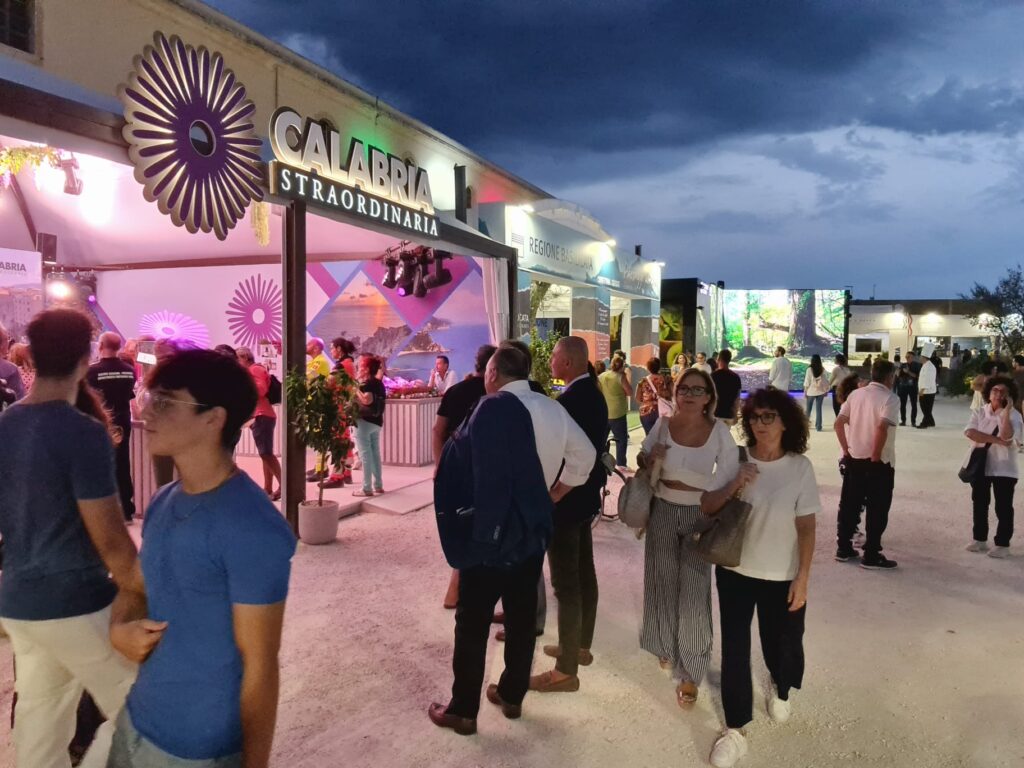
A film like L’intervista in mare, which deals with issues that have to do with regulations and especially with what is dictated by European regulation, obviously lends itself to being used as a tool to trigger public debate and then reach the institutions. Even the union-based production (Fai Cisl, the most representative union in the fishing sector) reveals this aspect and some of the most important intentions of the film.
So it might seem obvious the return to Ortigia (after the selection at the festival of the same name a few months earlier) in this role in the very important context of the G7 and in the context of Divinazione EXPO 2024 dedicated by the government to the issues of agriculture and fishing. And instead there was very little that was obvious.
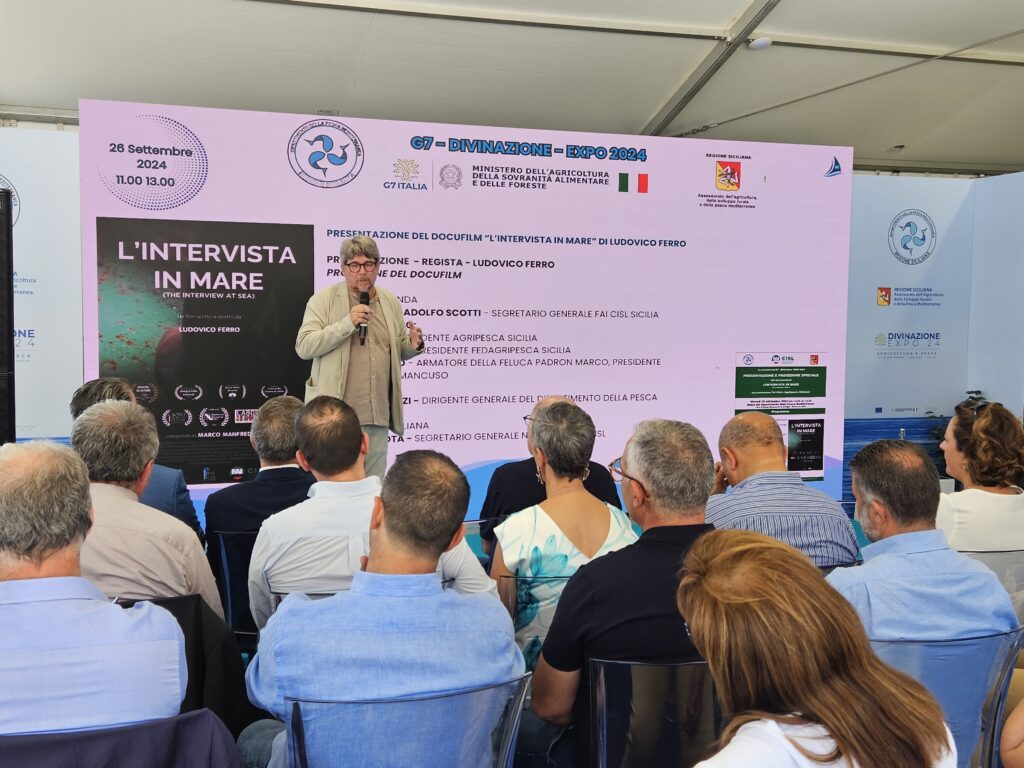
The fair did not have any spaces specifically designed for the screening of a film. The stands located between the squares, in the area in front of the Maniace castle (a place dear to us, here is the article where you can understand why) and along the dock of the port, were designed for the display of products and to host meetings and debates.
Despite this, The interview at sea landed anyway! We do not hide that there was some fear about the context of the screening. And instead the mega LED screen and the audio system, both of high quality, managed to make not only the screening technically excellent, but allowed The interview at sea to be screened in broad daylight, with the sea in the background and overlooking the public path of the port.
The event opened with a moving introduction by the director Ludovico Ferro who then had to inform those present of a tragic and terrible event that happened on board one of the fishing boats on which the film was shot. After observing a minute of silence in memory of Tommaso Fioravanti, a sailor who drowned during a fishing trip less than two days earlier, the screening began. About a hundred spectators were present, and unexpectedly many more were added throughout the screening. There were a few dozen passers-by who stopped and watched the film standing up.
The film and its director were given a very warm and prolonged round of applause. After the screening, the institutional debate took place, which was based entirely and precisely on the themes addressed by the film.
This was the first time that L’intervista in mare spoke directly to an audience of insiders at a political level and representatives of the fishing industry. In addition to ministerial representatives and members of the Sicilian government, the social partners and Onofrio Rota, general secretary of Fai Cisl, were present.
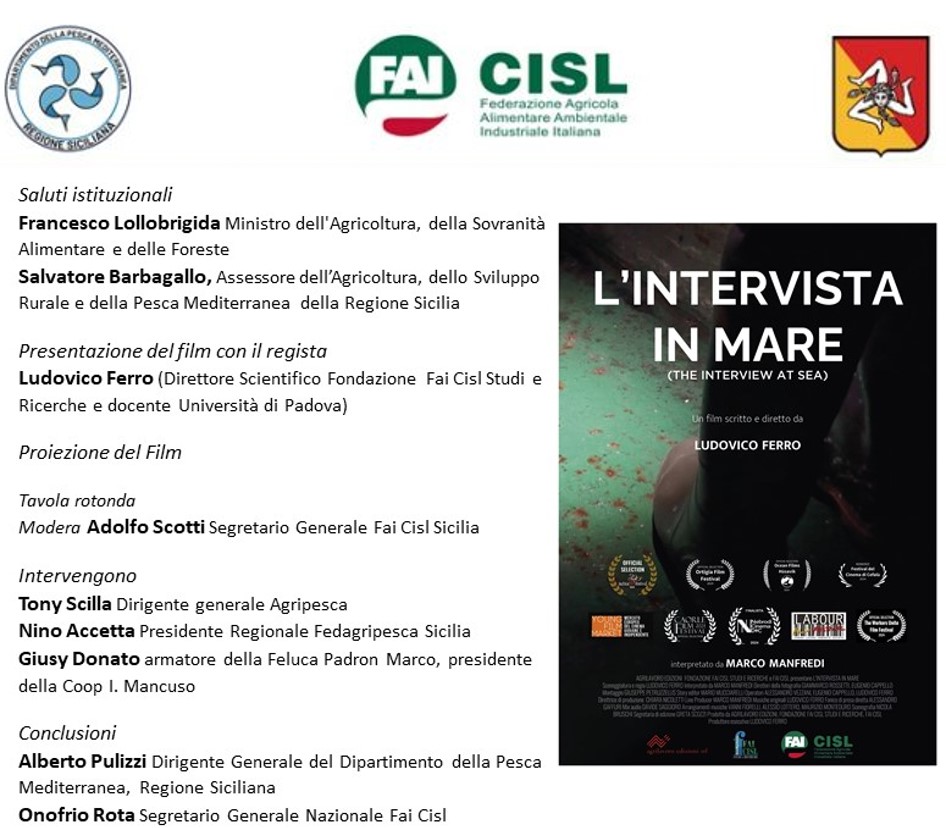
As was clear from the speeches, significant part of the audience was also made up of fishermen and, in any case, family members of fishermen.
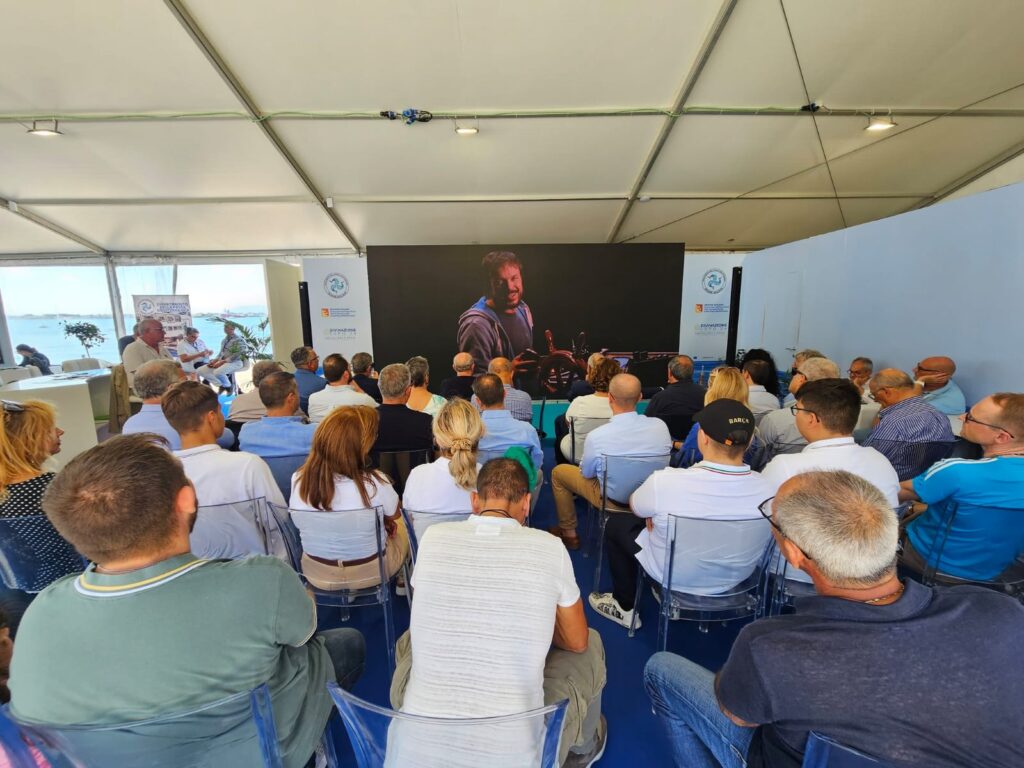
It was truly exciting and gratifying to see how our actor (the very talented Marco Manfredi) was perceived as one of them, as a real captain of a fishing boat!
This first institutional outing (and we anticipate it will certainly not be the last!) has certainly hit the target, as demonstrated by the media coverage that has arisen (at the end of the article you can find a selection of the press review).
But this special screening has allowed us to confirm once again and definitively the effectiveness of the most experimental part of L’intervista in mare that blends together the fiction of acting with the texts of real testimonies.

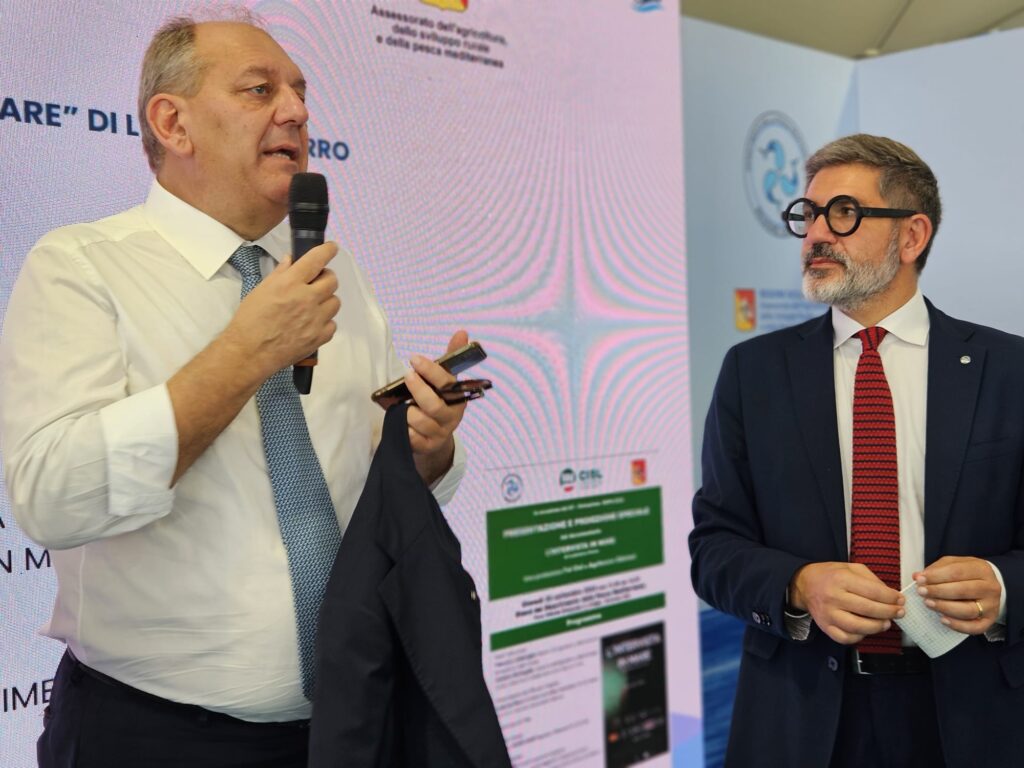
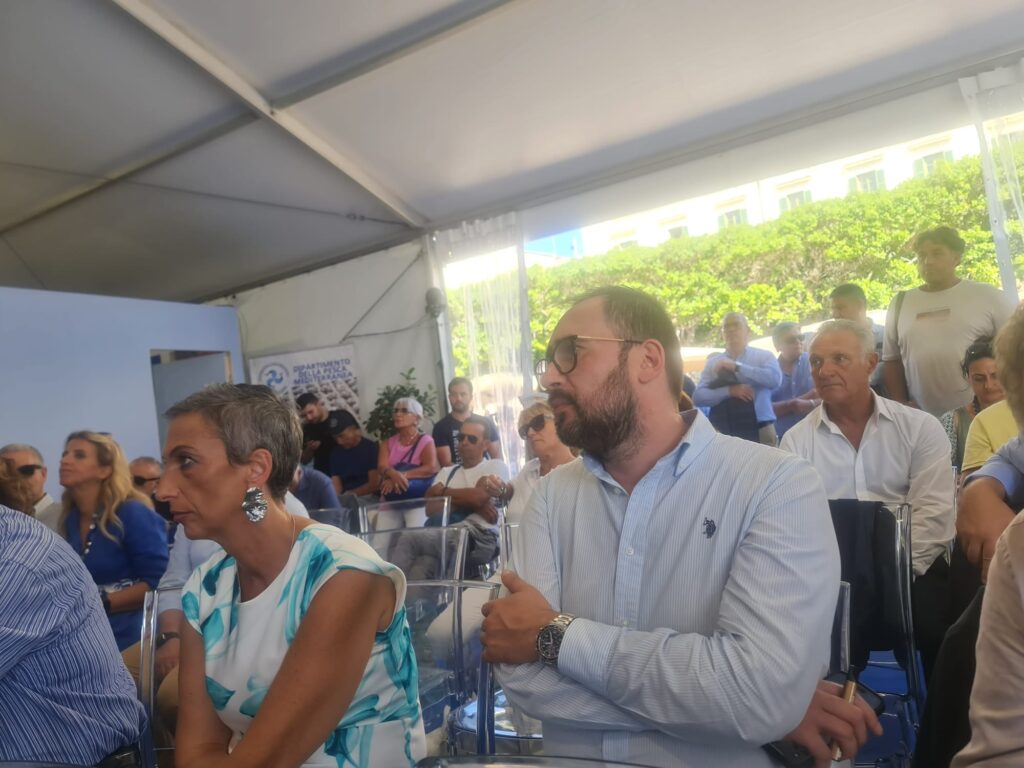
We will remember this day as one of the most exciting ever. But as we said, the emotions were many, very intense, but also very contrasting. To conclude what has been a partial report so far, it is necessary to dwell in a dedicated article to better explain and reflect on some very important issues.
Press review selection:
